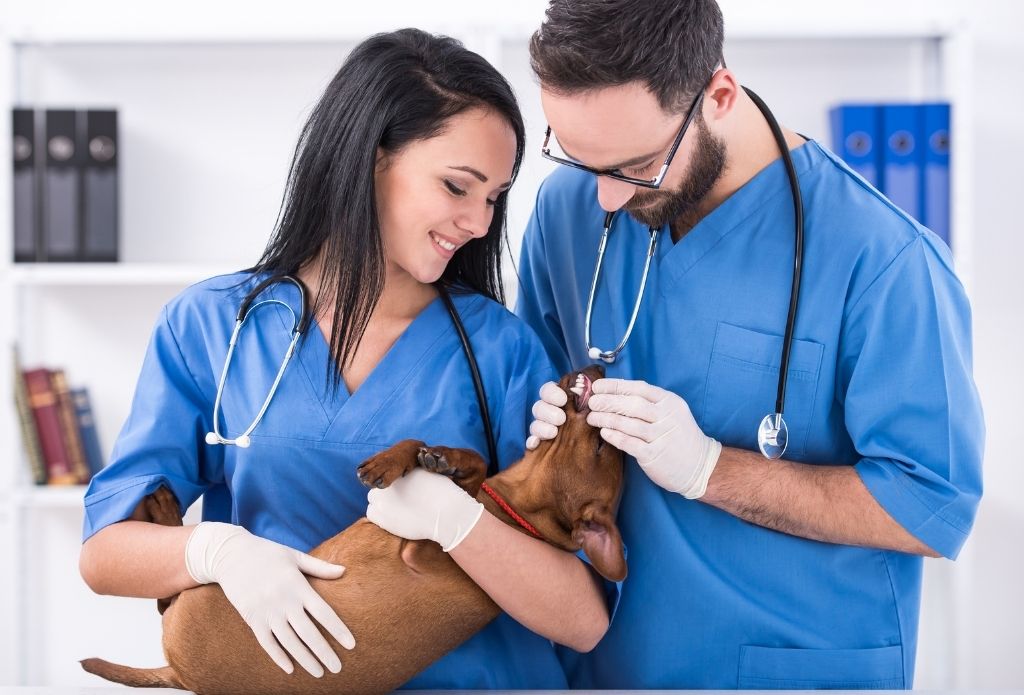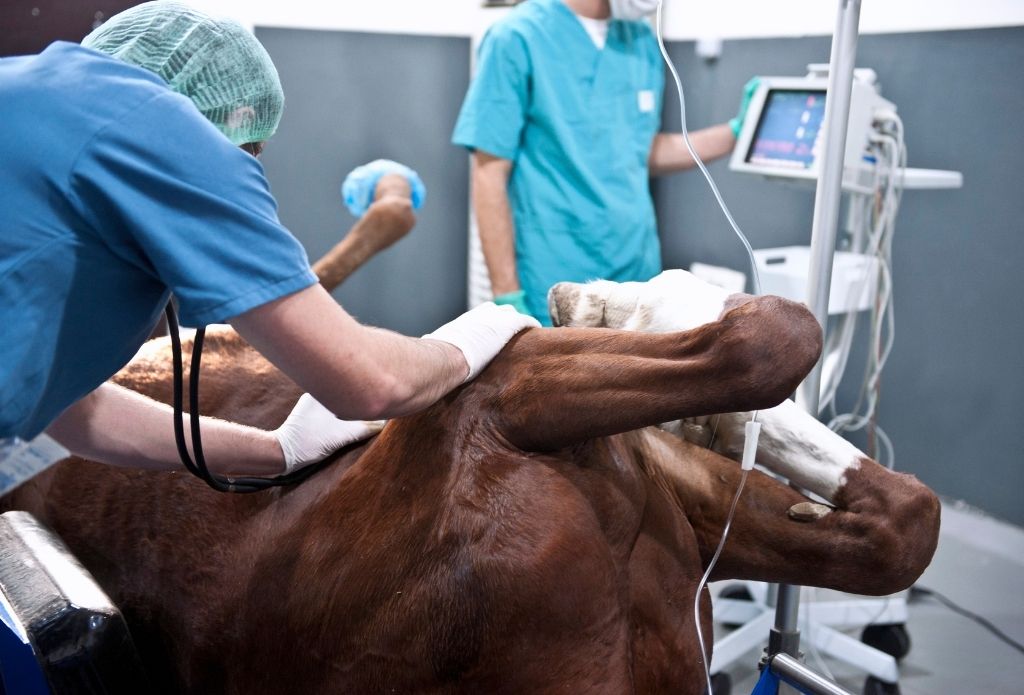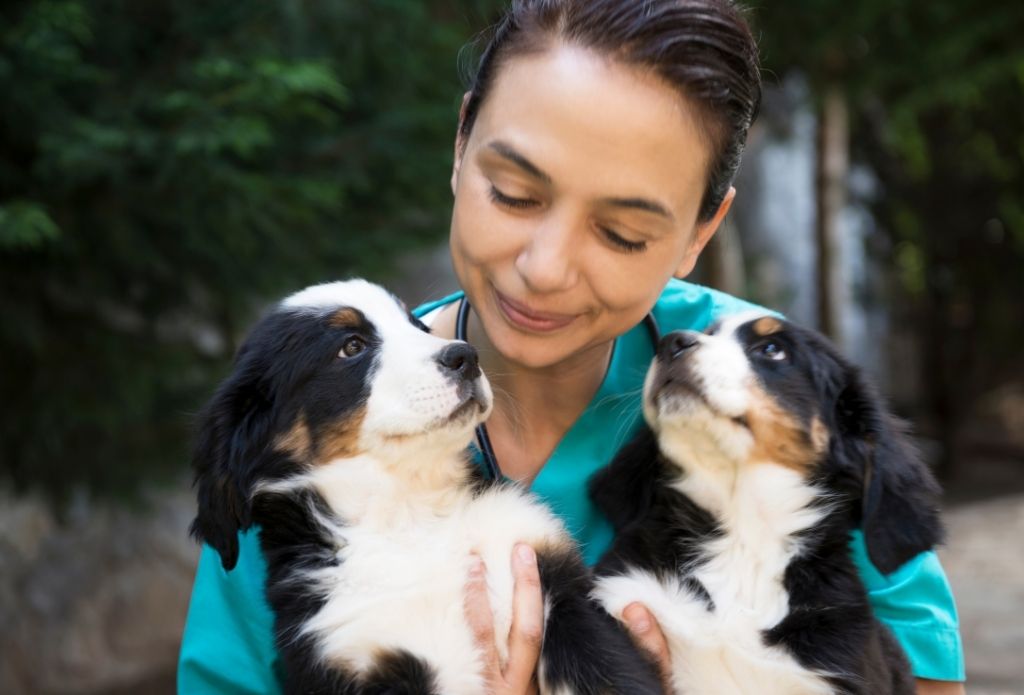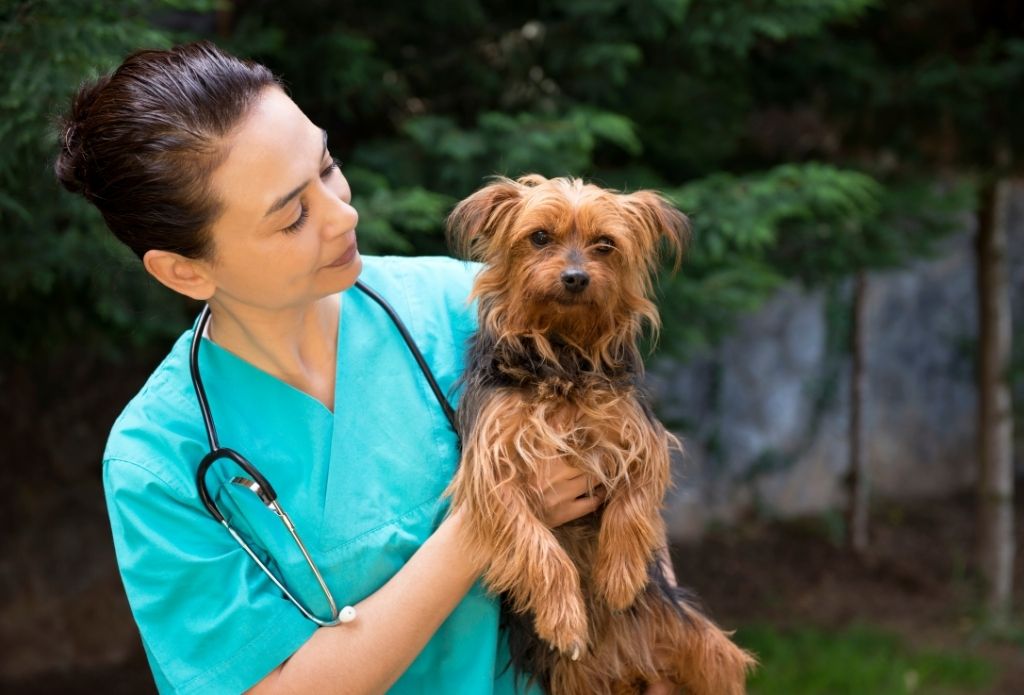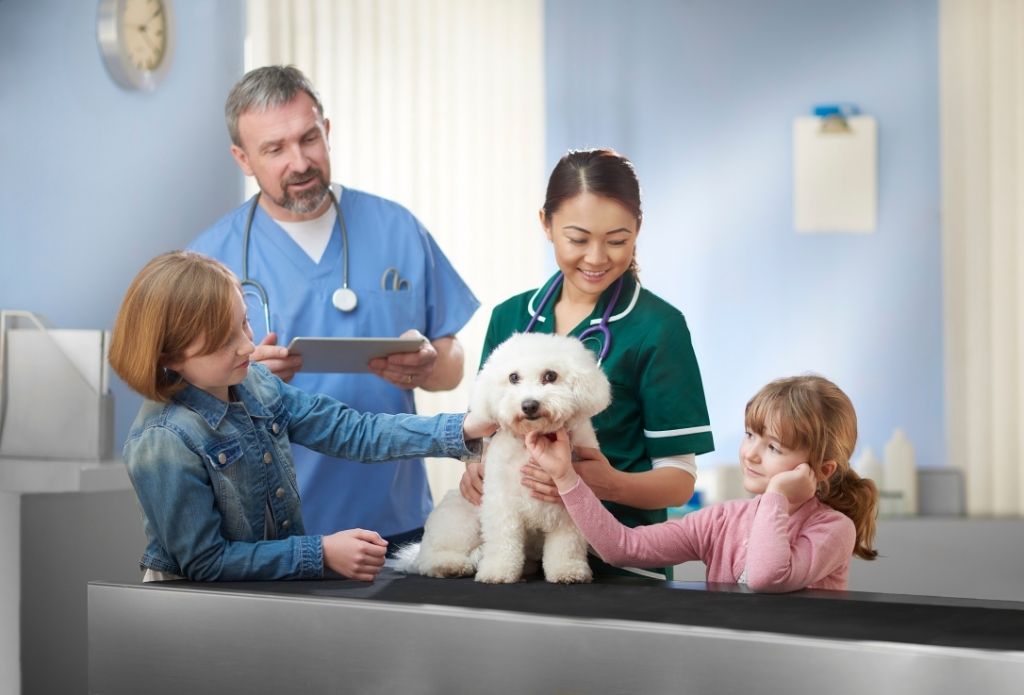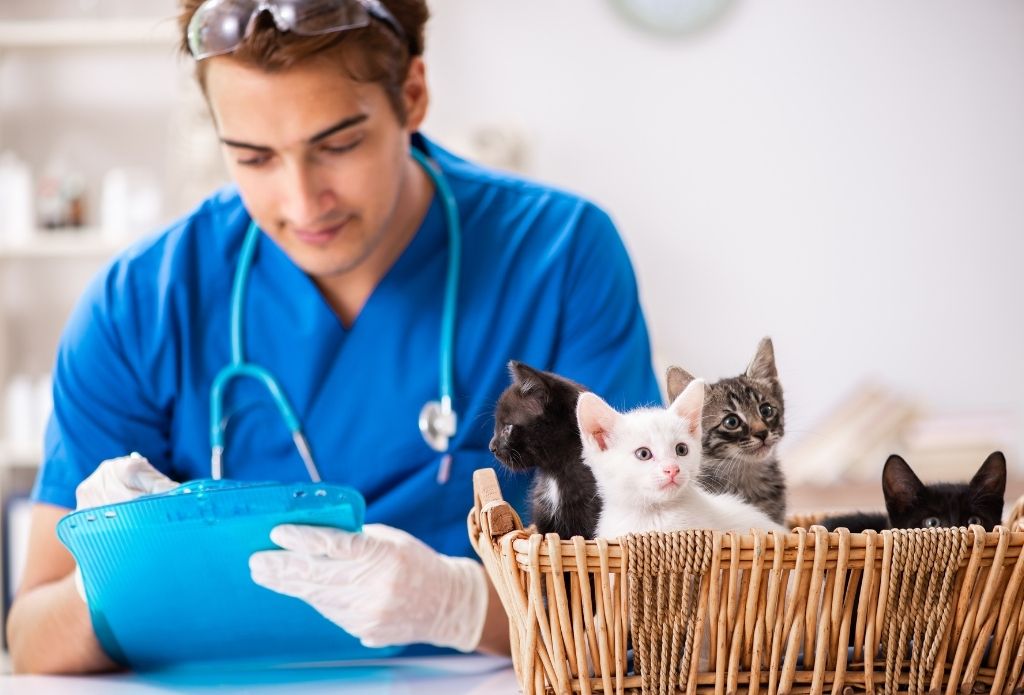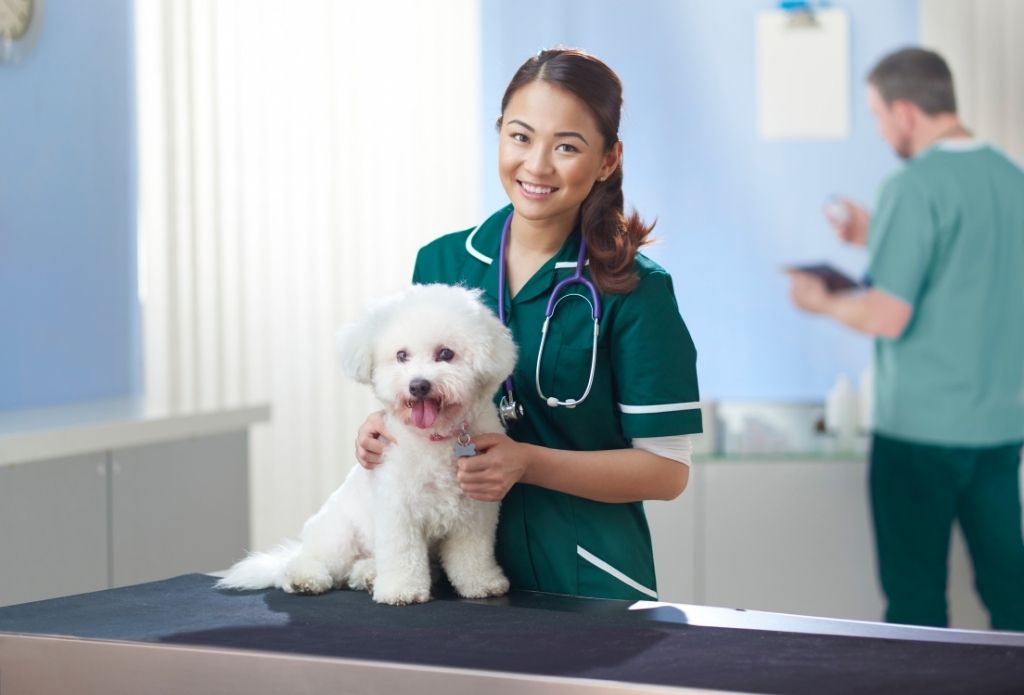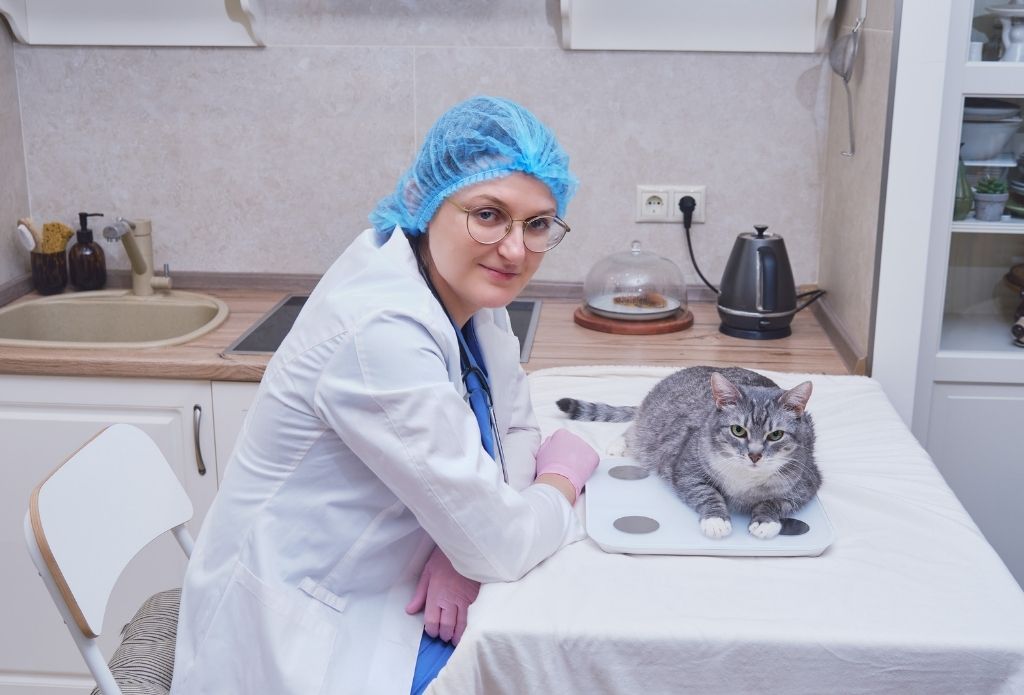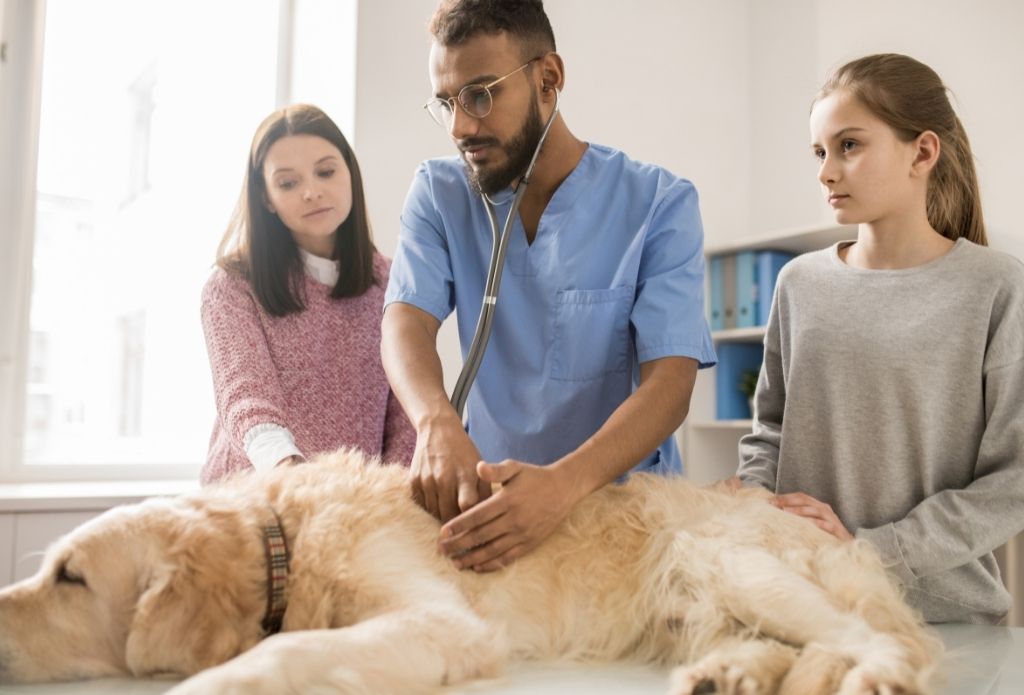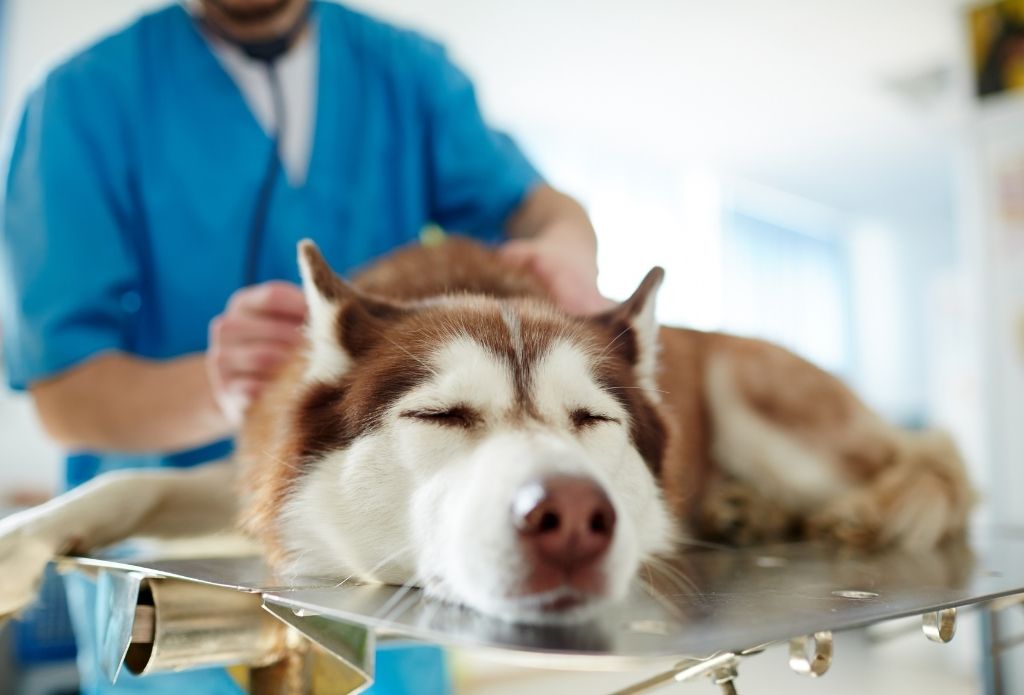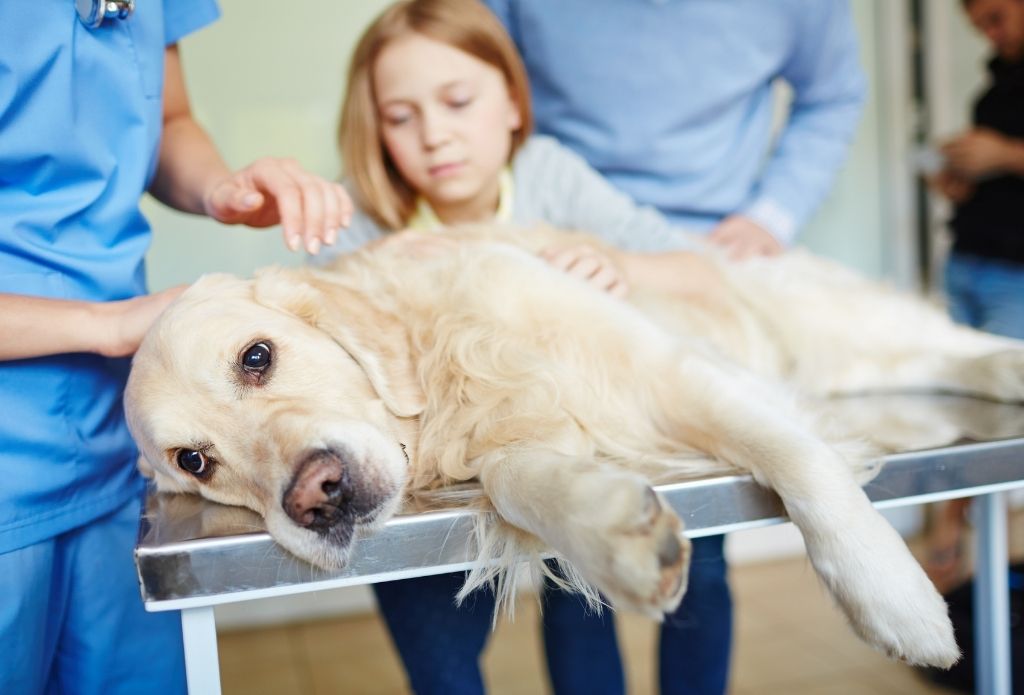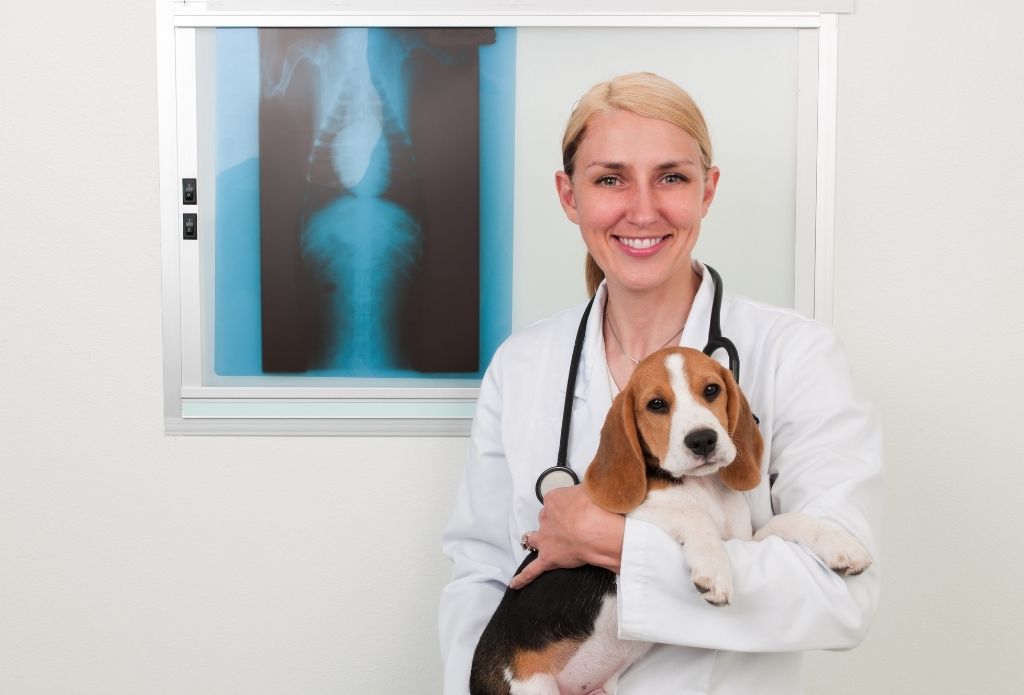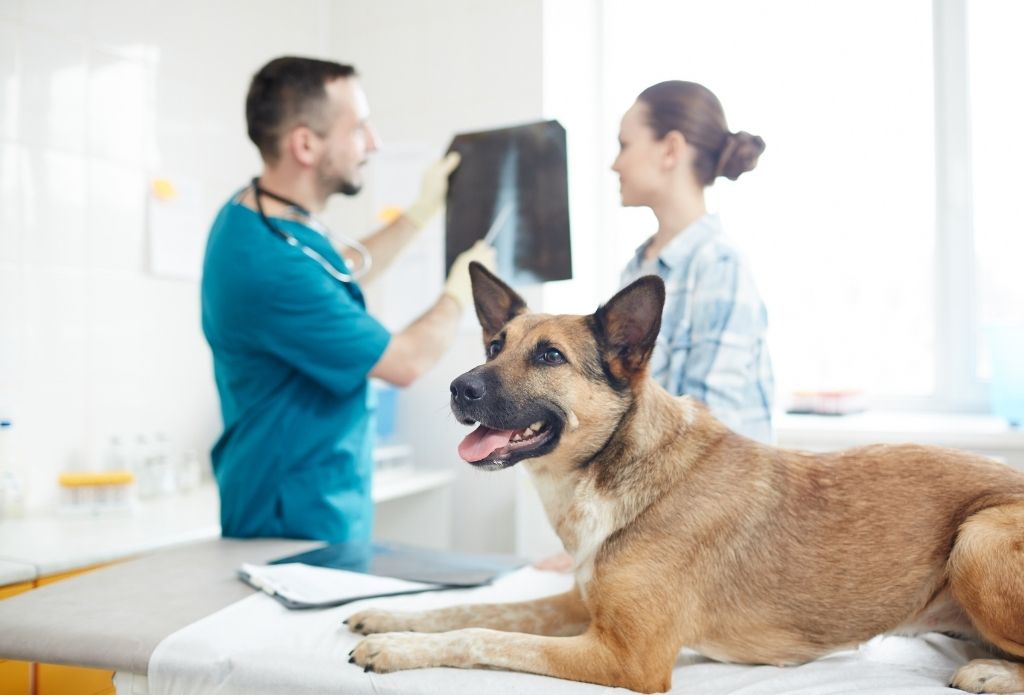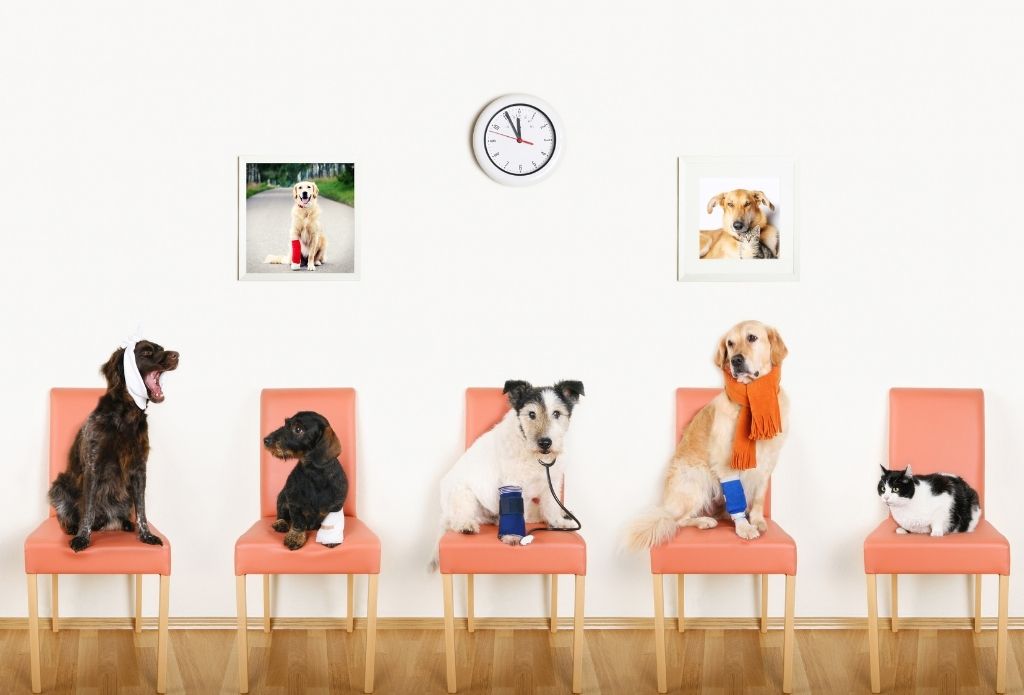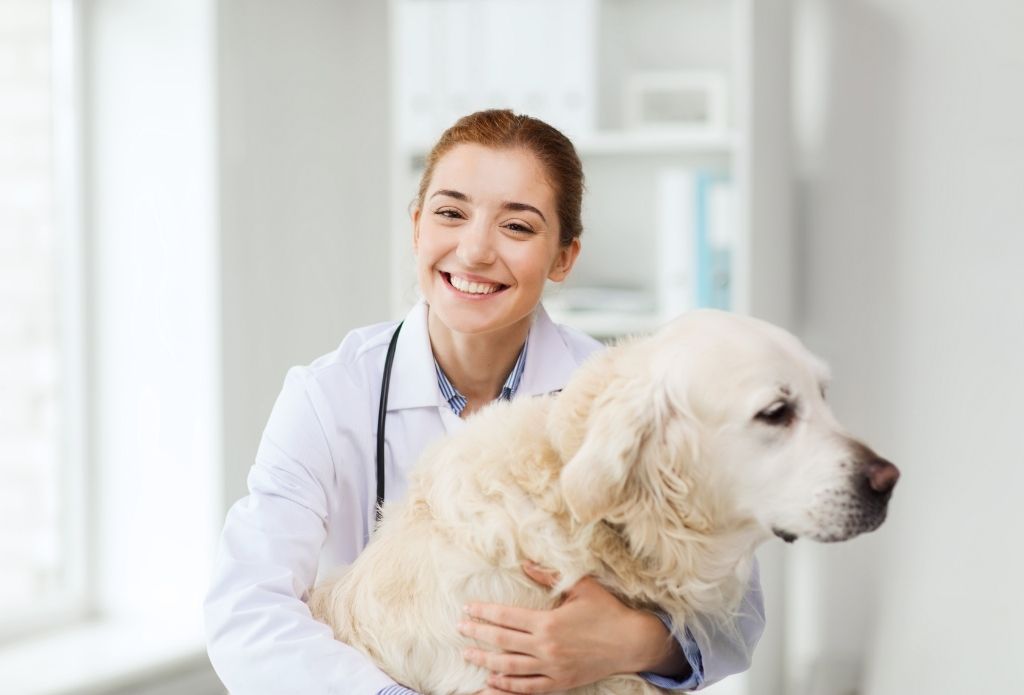Things to Know Before Booking The Pet Grooming Treatment at Your Dog Groomers in Manchester Township NJ
pet grooming takes anywhere in between 2-4 hours depending on the size of your family pet and how long ago your pet had the last pet grooming session. It is not a good idea to rush the pet grooming procedure as it bad for your pet’s well being.
If you should cancel or reschedule your fur baby grooming procedure, please give at least 24 hours notice to avoid paying late cancellation cost.
All breed grooming fees will be validated by the fur baby groomer at hand over.
Generally, a dematting fee will be applied to matted coats on your family pet. Additional fee may be requested for canines with tough character.
General Pet Tips for Family Pet Dog Moms and Dads in Manchester Township NJ
Advice on Shedding for family pet Owners in Manchester Township NJ
Although shedding damaged or old hair is a regular procedure for dogs, the amount and frequency of hair shed frequently depends upon their health, breed type and season. Lots of pets establish thick coats in the winter that are then shed in the spring. Dogs who are always kept indoors, however, are prone to smaller sized changes in coat thickness and tend to shed fairly uniformly all year.
Find out more about, reducing shedding on your dogs or check out listed below.
The way you brush your fur baby and how often will mostly depend upon his or her coat type.
Actions to Decrease Shedding: While you can not stop a healthy pet dog from regular shedding, you can lower the amount of hair in your house by brushing your dog regularly. Ask your vet or groomer to suggest a particular kind of brush or comb that will work best for your canine’s hair type.
Extreme Hair Loss: Shedding is a typical procedure for pets. Extreme shedding can likewise be circumvented with appropriate nutrition. Quality pet-food manufacturers work hard to consist of the right amount of nutrients so that supplements are not required, however pets with sensitivities or allergies may require to experiment with different brand names to find which food works best for them.
Nevertheless, extreme loss of hair or bald spots may be because of among the following:
- Cancer
- Contact with annoying or caustic substance
- Certain medications
- Bacterial or fungal infections
- Immune illness
- Inhalant- or food-related allergic reactions
- Kidney, liver, thyroid or adrenal disease
- Parasites (fleas, lice or mites)
- Pregnancy or lactation
- Self-induced trauma due to licking
- Sunburn
If you observe any of the following conditions, speak with your veterinarian for treatment.
- Skin irritation, including soreness, scabs, rashes or bumps
- Open sores of any kind
- Bald areas or thinning of coat
- Dull, dry hair that takes out quickly
- Scratching
- Constant foot licking or face rubbing
Tips for Dog Parents in Manchester Township NJ with Their Pet’s Skin Problems
Since your pet’s skin is a reflection of her general health, it’s critical to keep it in good form. When your pet has a skin issue, she or he might scratch, chew, and/or lick exceedingly. External parasites, infections, allergies, metabolic disorders, and tension, in addition to a mix of these, could be to fault.
Learn more about, skin problems on your dogs or read below.
Inspect your fur baby’s ears and teeth initially, as these are regularly the source of germs that trigger odour in family pets. Keeping your dog tidy by bathing him regularly may be all that is required to remove the odour.
When used according to label suggestions, many pet perfumes are not likely to be harmful to a lot of family pets. Canines with dermal allergies, on the other hand, may have skin pain, while those with nasal allergies may be impacted by the scent. If you want to use pooch perfume, just utilize it as recommended and speak with a veterinarian if your fur baby has a history of allergic reactions.
Please check with your veterinarian if grooming shows futile and your dog smells nasty, to determine if there is any factor to establish a health problem or a cause.
Other skin issues on your pet include:
- Drain of blood or pus
- Dry, flaky or otherwise inflamed skin
- Hair loss, bald patches
- Hot spots (one particular location where itching is intense)
- Lesions
- Rashes
- Redness or inflammation
- Round, scaly spots on the face and paws
- Rubbing face on furniture or carpeting
- Scabs
- Scratching, licking or chewing at skin
- Swellings, lumps or skin staining
Tips on Dental Care for Dog Owners in Manchester Township NJ
Regularly brushing your canine’s teeth, along with a healthy diet plan and a lot of chew toys, can go a long way toward keeping their mouth healthy. Bacteria and plaque-forming foods can trigger accumulation on a pet dog’s teeth. This can harden into tartar, possibly causing gingivitis, receding gums and missing teeth. Lots of pooches reveal signs of gum illness by the time they’re 4 years old since they aren’t provided with proper mouth care.
Give your pet routine home checks and you’ll have an extremely contented pooch with a dazzling smile. We suggest brushing 2 to 3 times a week.
Initially, you’ll want to get your fur baby used to the idea of having her teeth brushed. To do this, begin by gently rubbing her lips with your finger in a circling motion for 30 to 60 secs once or twice a day for a couple of weeks prior to proceeding to their teeth and gums.
After a couple of sessions or when your pooch seems comfortable, put a bit of dog-formulated toothpaste on her lips to get her used to the taste.
Next, present a tooth brush designed particularly for
Foul breath in Pet Dogs
If your pet dog’s breath is not a field of lilies, that’s okay. Regular doggie-breath isn’t particularly fresh-smelling. Halitosis, or bad breath, can be the first indication of a mouth issue and is caused by germs growing from food particles caught between the teeth or by gum disease. Certain canines — especially small ones — are especially prone to plaque and tartar. If plaque is the culprit, your family pet might need a professional cleaning from a Manchester Township groomer and regular at home brushings are a great service.
Relentless foul breath can indicate that your fur baby has digestion issues or a gum disorder such as gingivitis, and should be examined by a vet. If your family pet’s breath is particularly offensive and is accompanied by an anorexia nervosa, vomiting or extreme drinking or urinating, it’s a great concept to take your pooch to the veterinarian.
Signs of Eye Disease in Pet Dogs
If your family pet has the following symptoms, there may be something incorrect with their eyes and you should contact your veterinarian:
- Tearing and/or tear-stained fur
- Discharge and crusty gunk
- Unequal pupil size
- Red or white eyelid linings
- Cloudiness or change in eye color
- Noticeable third eyelid
- Closed eye(s).
Ear Care for Canines Who Swim
Pet dogs that have regular baths or go swimming a lot can be more vulnerable to ear inflammation and infection. To reduce infection, put cotton inside your pet’s ears before baths or swimming and make certain to dry their ears out thoroughly as soon as they’re done.
Assisting Pet Dogs with Sensitive Feet
A great deal of dog’s hate getting their nails and feet touched, so it’s recommended to get your dog used to it prior to clipping their nails (preferably, beginning when they are a pup). Rub your hand up and down their leg and gently press down on every toe. Don’t forget to give them lots of praise and even treats. When they get their nails trimmed, doing this day-to-day for a week will have them feeling more comfortable. Another terrific idea is tiring your dog out prior to beginning the nail cutting.
Avoiding Paw Problems in Dogs
When introducing a new exercise regimen with your pet, start it gradually. Their paws can easily become delicate or broken, especially with long hikes or runs. Make sure your backyard and home are clear from any hazards and also prevent risks like debris and broken glass when out for strolls. Finally, constantly remember this easy pointer – if you would not want to walk barefoot on it, neither will your pet!







